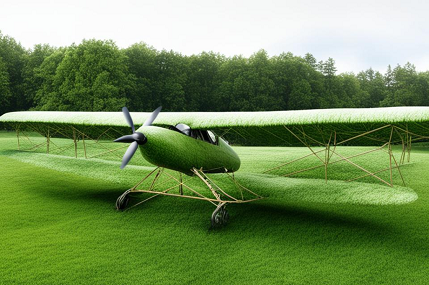News

Alternative ways to fuel aviation
Global awareness on carbon emission is influencing industries’ operations and strategies, some being more proactive then others. Back in 2016, the International Civil Aviation Organization (ICAO) finalized a plan to curb international airline emissions. This agreement is known as Carbon Offset and Reduction Scheme for International Aviation (CORSIA). “The deal calls for sustainable growth and development within the industry, by improving fuel efficiency, setting carbon emission standards for aircraft built after 2020, and capping total emissions at 2020 levels by 2035. Starting in 2021, the system will initially be voluntary, but it will become mandatory for all member countries by 2027.” (http://www.eesi.org/articles/view/nations-agree-to-curb-airline-carbon-emissions).
Sustainable fuels are becoming an important part of global aviation and turning various feedstocks into jet fuel allows to produce clean fuel while reducing landfill. It is expected that replacing traditional kerosene jet fuel with bio-jet fuel can reduce the emission by 90 percent and not only that, but also, the absence of aromatics, which have been shown to have a negative health effects, will become a part of new normal. INFRA's technology is producing non-petroleum jet fuel using coal, natural and associated gas and biomass as feedstock and with the low cost of processing, decarbonization of aircrafts becomes natural choice for a high quality of living for ourselves and future generations.